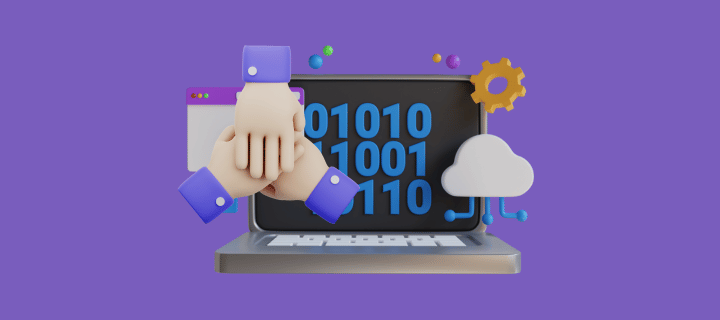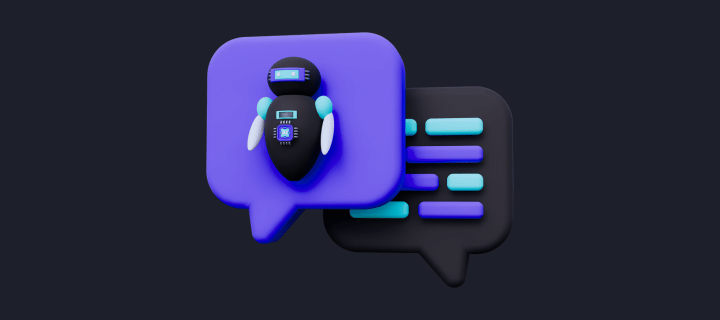
Busting The Top 10 Myths About Code Reviews
Should you fear the code review process or embrace it as a learning opportunity? Explore the truth behind these common misconceptions and discover the hidden benefits of this collaborative process.

Your commits are ready to go. The only thing left? A quick code review. Push the branch, create a pull request (PR), and wait for feedback.
Hours pass. Silence. Fine. You move on to your next task and finally find your flow. Then—bam!—the long-awaited review arrives. Changes requested. A dozen comments.
“Why now? Just let me code.” – A disrupted programmer
Sound familiar? Before we reopen the “are code reviews worth it?” debate, let’s break down and debunk 10 common myths about code reviews.
1. Code reviews are just for catching bugs
Code reviews aren’t just about hunting down bugs like a game of “Whack-a-Bug.” While identifying errors is part of the process, reviews also ensure code quality, maintainability, and adherence to best practices.
Practical tip: Look beyond defects—assess readability, design patterns, and long-term maintainability. This guide can help refine your review approach.
2. Code reviews are personal evaluations
If code reviews feel like personal judgment, something’s off. They’re about improving the code, not the coder. The goal is to ship better software, not to critique individuals.
Practical tip: Foster a constructive review culture. Offer feedback on how to improve code, not just what’s wrong.
3. Only senior devs should review code
You don’t need to be a seasoned engineer to contribute to code reviews. Junior developers bring fresh perspectives, and reviewing is a great learning opportunity for all.
Practical tip: Encourage participation from all experience levels—reviews are a two-way learning street. Read how PullFlow AI can support both junior and senior devs in reviewing code efficiently.
4. The reviewer’s job is just to find flaws
Good code reviews highlight strengths, not just weaknesses. A balanced review appreciates solid logic, clear structure, and well-written tests.
Practical tip: Make an effort to acknowledge well-written code in your reviews. Positive reinforcement goes a long way.
5. Code reviews slow things down
Code reviews take time, but they prevent technical debt and post-release fire drills.
Practical tip: Embed code reviews into your workflow rather than treating them as roadblocks. Async reviews through PullFlow keep teams moving without disruption.
6. Silence means a good review
A quiet review isn’t necessarily a good one. The best reviews involve thoughtful discussion—asking “Why was this done this way?” is often more valuable than just saying “Looks good.”
Practical tip: Encourage open discussions in reviews. If something is unclear, ask questions instead of making assumptions.
7. Automated tests make reviews unnecessary
Automated tests catch errors, but they don’t ensure code clarity, maintainability, or design consistency.
Practical tip: Use both automated tests and human reviews. Tools like AI-powered code reviews can enhance efficiency, but human insight remains essential.
8. Code reviews should happen at the end
Leaving code reviews for the final step invites last-minute surprises. Reviewing in smaller, iterative chunks makes the process smoother.
Practical tip: Use incremental code reviews to avoid rework and large rewrites. PullFlow’s taskboard makes it easy to track and streamline the review process.
9. Code reviews are just about following best practices
Best practices are important, but code reviews are also about knowledge sharing and improving team-wide consistency.
Practical tip: Document internal conventions and learnings from reviews. Institutional knowledge should be part of your dev workflow.
10. Code reviews mean you’re stuck maintaining your own code
Code reviews distribute knowledge, making it easier for the team to step in when needed. No one should feel tied to their own code forever.
Practical tip: Foster collective code ownership so teammates can easily jump in when someone is unavailable.
Code reviews: a multiplayer game, not a solo mission
Think of code reviews like a cooperative multiplayer game:
- Shared knowledge: Just like sharing in-game loot, sharing code insights makes the team stronger.
- Diverse skills: Junior devs catch things seniors might miss, and vice versa.
- Learning from each other: Watching how others approach problems levels up your own coding skills.
- Collaborative problem-solving: Team discussions during reviews lead to better solutions.
- Better team coverage: If one developer is unavailable, others can pick up where they left off.
Level up your code reviews
Want to make code reviews smoother? Try PullFlow—a streamlined workflow across Slack, GitHub, and VS Code. Async reviews, AI insights, and seamless collaboration—so your team can merge with confidence.


